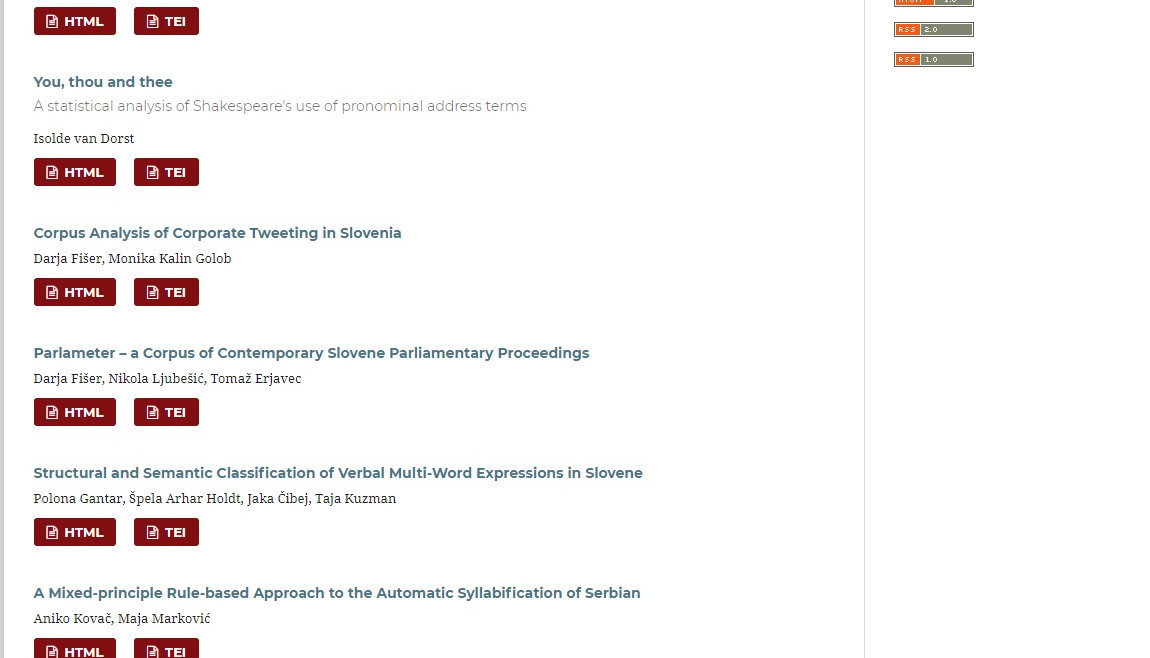
Contributions of Contemporary History, Digital Humanities and Language Technologies, 2019, no. 1
A new thematic issue of Contributions of Contemporary History, Digital Humanities and Language Technologies, 2019, no. 1 is now available at the link http://ojs.inz.si/pnz/issue/view/18.
The current special issue of the journal Contributions to contemporary history brings papers which seem to break with the established editorial tradition. The journal has been issued regularly by the Institute of contemporary history since 1960 which was called Institute for the History of the Labour Movement until 1986. The journal was renamed at the same time as the institute, and it has since become one of the major Slovenian scientific journals in the field of history that publishes papers on the contemporary history (19th and 20th century) of Central and Southeastern Europe. With the establishment of an infrastructure programme Research infrastructure of Slovenian Historiography the Institute has entered the field of digital history and has contributed to the establishment of the European Digital Research Infrastructure for Arts and Humanities (DARIAH) since 2008. With this, the Institute of contemporary history has started to develop into one of the major digital humanities hubs in Slovenia. The current special issue is one of the results of this new research direction of its publisher and reflects a distinct interdisciplinary and heterogeneous profile of digital humanities.
With this special issue we are celebrating the 20th anniversary of the first Language technologies conference which took place in 1998 in Cankarjev dom, Ljubljana and was organized by Tomaž Erjavec, Vojko Gorjanc, Jerneja Žganec Gros and Anica Rant. The topics of the first conference were the development and application of language technologies for Slovene and directions for the future. The conference has since been held biennially and has recently expanded its focus to digital humanities. As the intersection of digital technologies and the humanities, digital humanities is a very active research field where digital technologies are used in the study of language, society and culture, but humanities research also paves the way for the development of new digital technologies. Digital humanities is a highly interdisciplinary and collaborative field which transforms traditional practices in the humanities and acts as a catalyst of new analytical techniques and methods as well as promotes discussion between the different stakeholders in the field. This initiative aims to promote integration of the disciplines and at the same act as an important hub for fellow researchers in the region.
